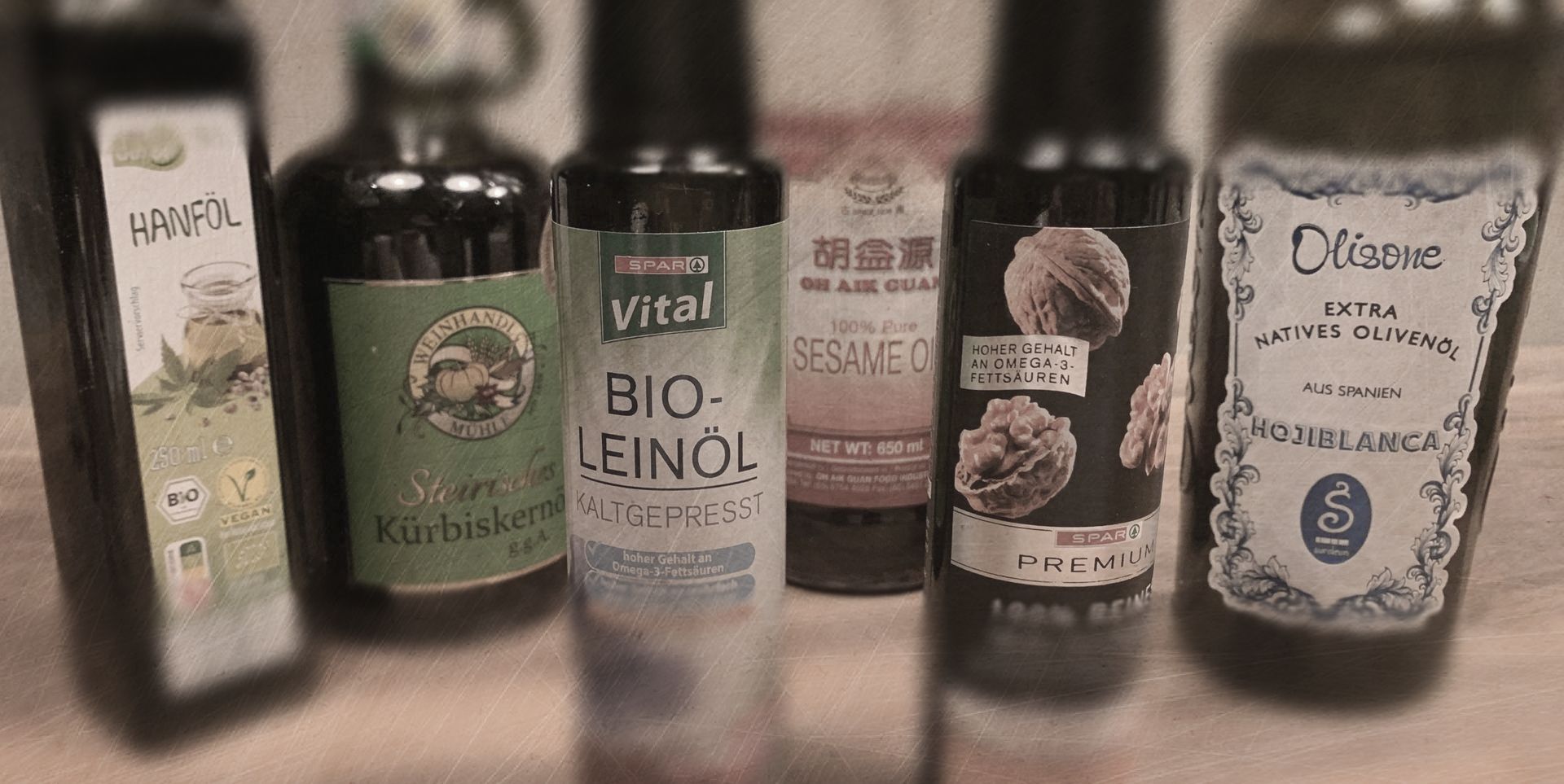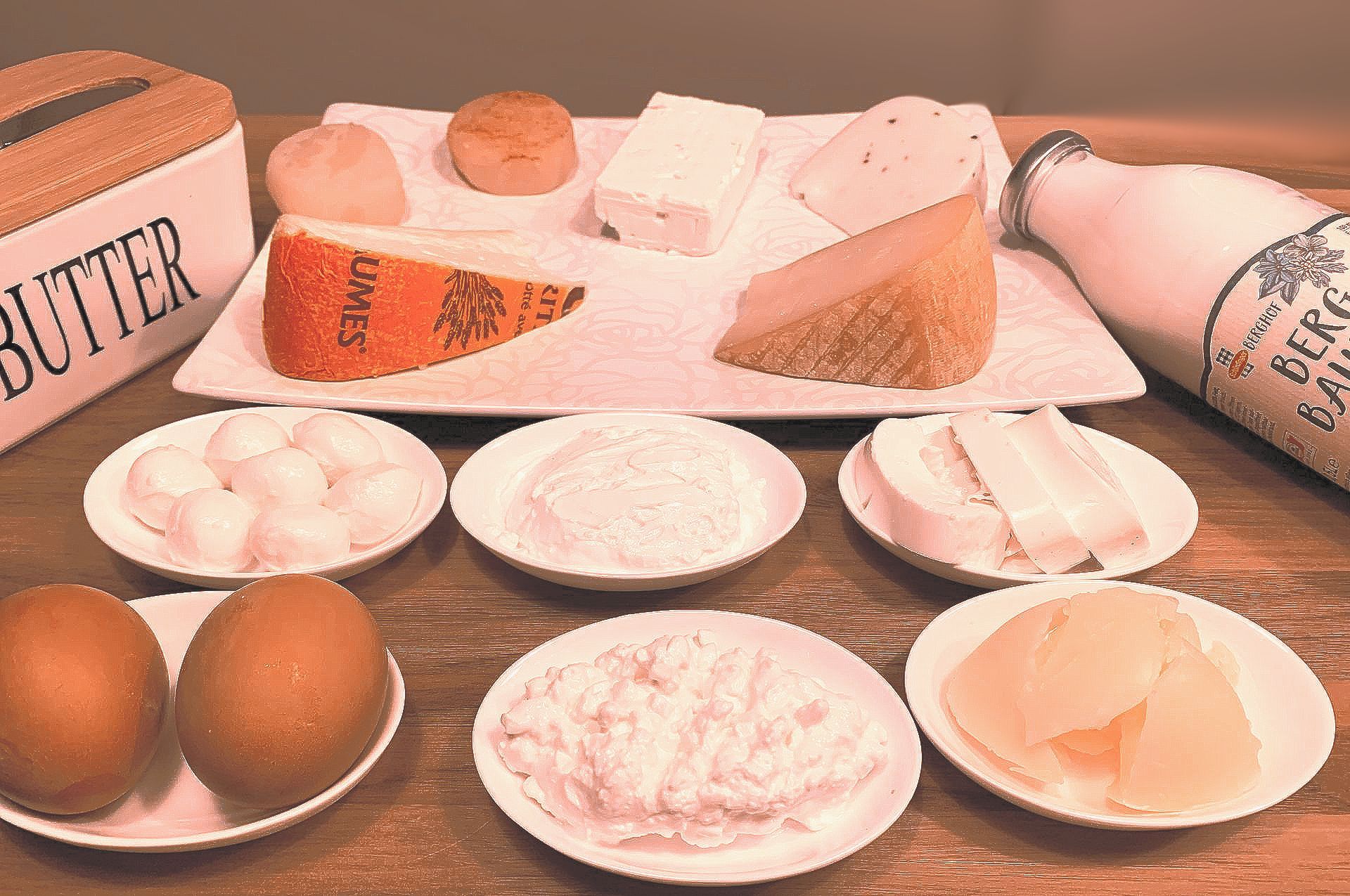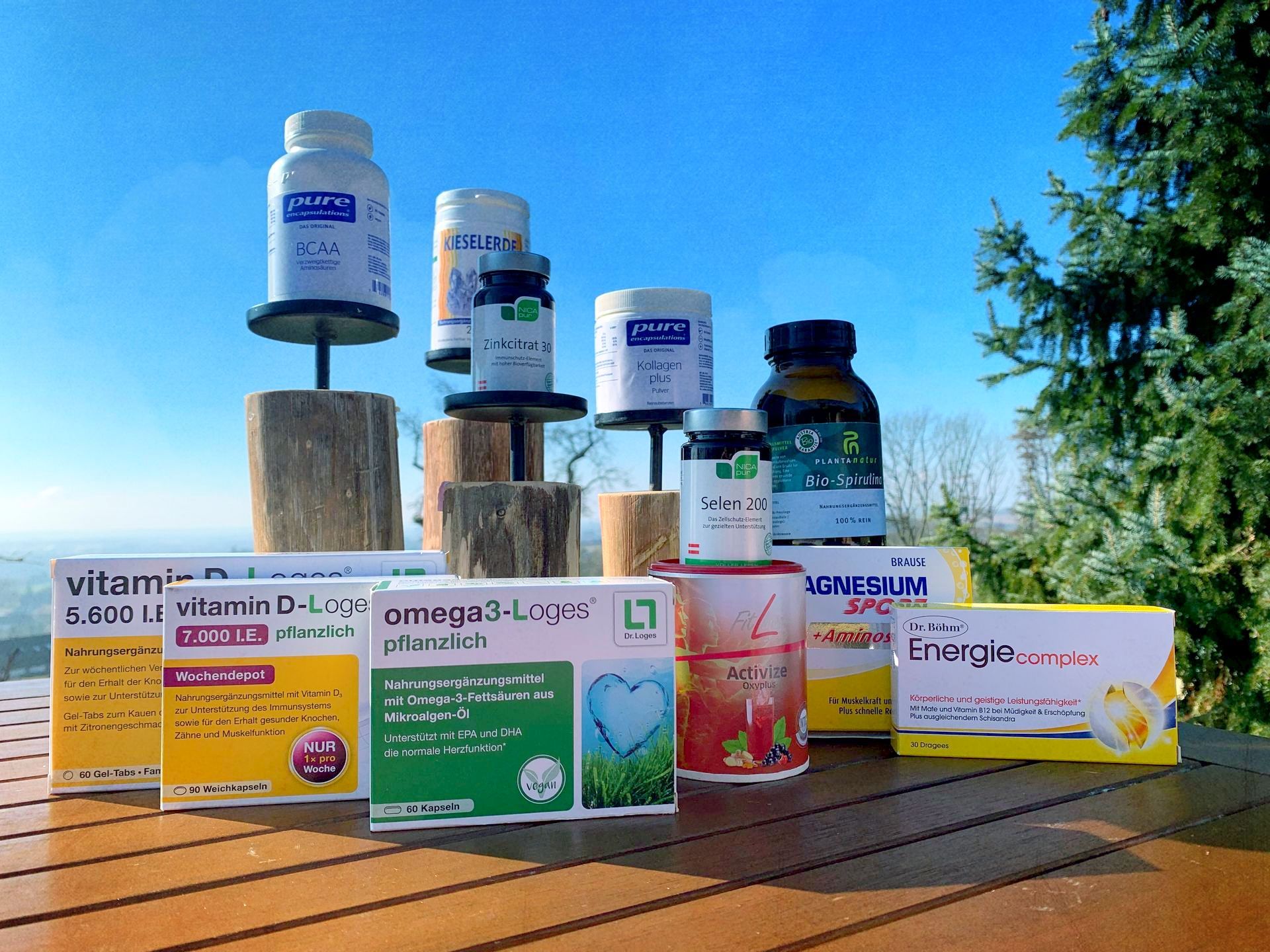Orthomolecular medicine
- tiny amounts, big effect
Nutrient advice - Orthomolecular medicine (OM) serves both prevention and therapy.
Vital through nutrition - practical tips and useful information
Nutrition Secrets Revealed:
"The essential nutrients and their importance!"
In today's industrial society, the supply of energy no longer worries us. Today we will all be full. We get enough calories. We tend to eat too much fat and too much protein. This can also lead to problems.
But above all, we don't pay enough attention to the fact that there are micronutrients in addition to the macronutrients. Micronutrients are absolutely vital substances for humans, without which the human metabolism would not function. The vitamins alone are involved in more than 100,000 metabolic processes in our body.
When we talk about metabolism, we mean all biochemical processes in the human body. Whenever materials or substances are built up, converted, broken down or exchanged, we speak of metabolism.


Macronutrients in focus


Macronutrients play a crucial role in our diet. Carbohydrates serve as the body's main source of energy, proteins are essential for building and repairing tissue, while fats are important building blocks for cells and hormones.
A balance of these macronutrients is crucial for maintaining health and supporting various physical functions.
It is important to consciously consume the right amounts of these nutrients in order to ensure optimal metabolism and a good supply of nutrients.

Micronutrients rarely seen, but still have a big effect

The interaction of micronutrients is like clockwork: each substance is a gear, and numerous large and small gears ensure the smooth functioning of the human clockwork. If a micronutrient is missing or insufficient, the entire organism suffers. Health deteriorates, the clock goes wrong.

Orthomolecular medicine (OM) in nutritional advice has preventive and therapeutic goals. It aims to maintain health and prevent illnesses through individually tailored selection of vitamins, trace elements and minerals. At the same time, physical and mental performance should be improved through increased intake of stress-dependent consumables, antioxidants and micronutrients.
The healing of diseases and functional disorders is supported by the targeted selection of appropriate nutrition, biochemical substances and medications.
The nutrient thieves are hiding here!
Smoke
Smoking is known to be harmful to our health and depletes most of the B vitamins that are necessary for our mental performance.
Junk Food
Junk food contains many additives and preservatives (high in sugar, salt and fat) and does not correspond at all to the idea of a healthy diet. Some additives trigger hyperactivity in susceptible children. Rashes and asthma can also result. Drinks and foods labeled "sugar-free" contain artificial sweeteners, which of course do not belong to the "nutrient-rich" category. Saturated fats are often used as a flavor enhancer in finished products. These are among the dangerous risk factors for hardening of the arteries.
Limo
Sweet lemonade drinks contain high amounts of phosphorus, which in turn hinders the absorption of calcium. If too little calcium enters the body, it ultimately affects muscle activity, the skeleton, stimulus transmission and nerve function. Smoking is known to be harmful to our health and depletes most of the B vitamins that are necessary for our mental performance.
Caffeine
Coffee contains three pick-me-ups: caffeine, theobromine and theophylline. All three active ingredients increase alertness - but the long-term effects are anything but useful. Gives us a short-term energy boost, but at the same time hinders the vitamins biotin and B1 as well as the minerals potassium, zinc, calcium and iron. Alternatives to coffee include herbal teas or barley and dandelion coffee. Keep in mind that decaffeinated coffee still contains theobromine and theophylline. Both can lead to listlessness.
If you don't eat a balanced diet, you develop diseases,
even if you seem to be enjoying yourself.
Lack of tools
- Fatigue, listlessness, depression, infertility, learning disability
Lack of building materials
- NervousnessAsthmaAllergiesNeurodermatitisPsoriasis
Lack of cleaning materials
- Rheumatic formsOsteoporosisCardiovascular diseasesInertiaMuscle crampsHyperuricemia
Lack of protective substances
- Burn-out syndromeAgingInflammatory diseasesImmunodeficiencyCancerAIDS










